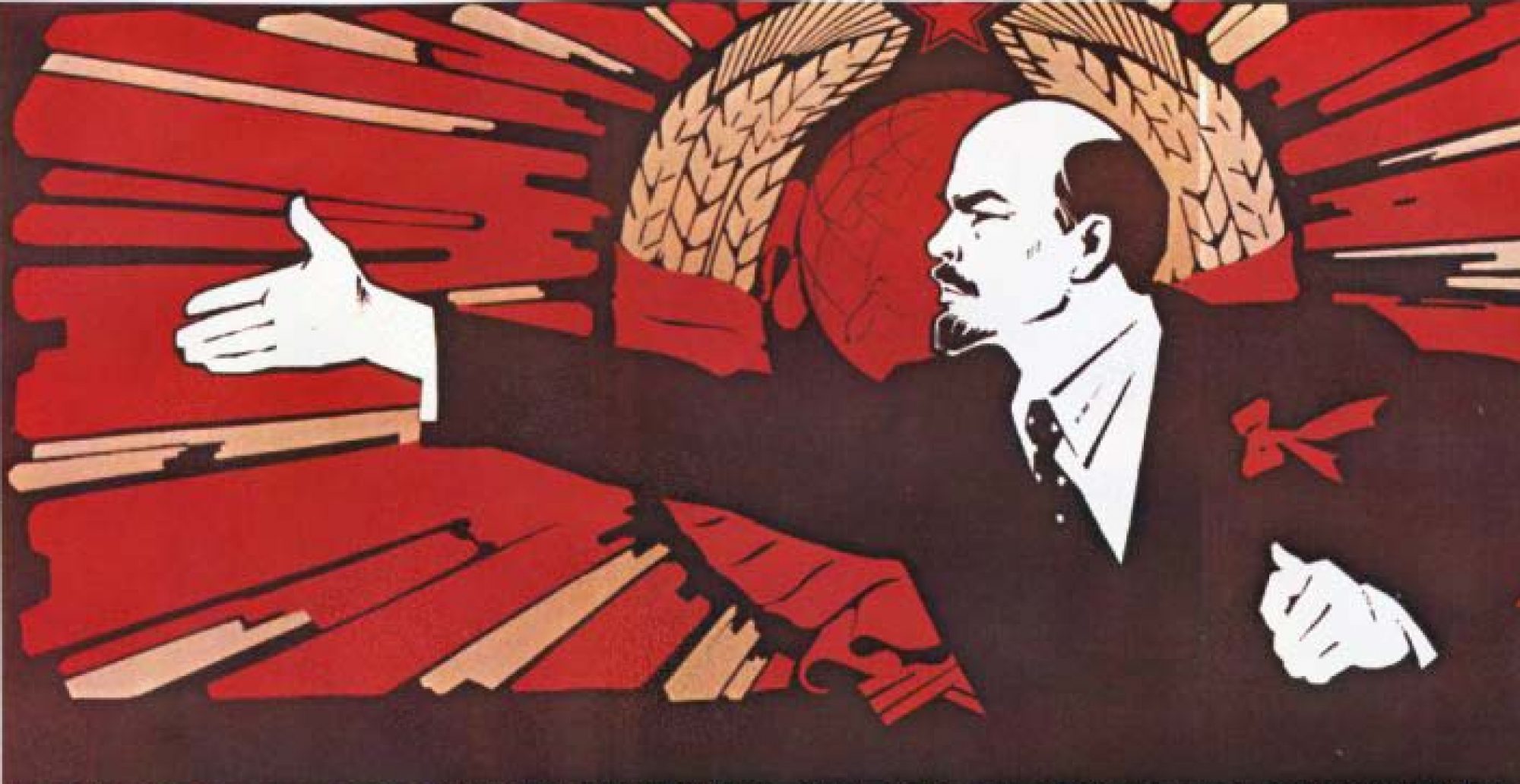In “This is Radio Leningrad!,” I found the development and adoption of culture to be particularly interesting. While some things were not inherently Soviet, such as the excerpt from Tolstoy, who died before the revolution of 1917, Dmitrii Shostakovich’s Symphony No. 7 was the direct result of the siege of Leningrad and Soviet ideology. Berggolts in “This is Radio Leningrad!” describes Tolstoy’s “Sevastopol. Winter, 1854” as “matter-of fact Russian heroism, modest and pure (Berggolts).” This quote about a pre-soviet writer put alongside the dissonance and ominous beginning turned to glorious finish of Shostakovich’s movement IV of his Seventh Symphony seem to present a new era of Russian heroism. I use this term loosely as I do not mean to judge heroism, only its representation in culture. As we have seen, the Soviet Union has returned to traditional Russian heroes under Stalin as a rebuke of previous Soviet-only policy. The comparison of Tolstoy and Shostakovich supports this trend. What are some specific reasons to return to some aspects of traditional Russian culture (though Tolstoy himself does not fit that mold) and aside from morale during World War II, what are the effects of adopting an ableist and masculine culture under Stalin in the 1940’s?

Russia, the Soviet Union, and the CIS (HIS240 S20)
Revolution and its evolution!
It is very interesting that Tolstoy was given as an example in Radio Leningrad. His work would have been considered “Bourgoise Literature.” Which is exactly what Zhdanov denounces in his speech. The trend during the socialist realism movement was to move away from this type of literature. Zhdanov gave his speech in 1934, seven years before the Soviet Union joined WWII.
A return to valuing creators such as Tolstoy would definitely indicate that culture was going to change again. Your juxtaposition between Tolstoy and the symphony movement really does draw a correlation between the two and the greater implications for the culture at this time. We see via this vessel that the culture is headed back towards masculine and ableist values.
The effect of adopting this kind of view could potentially have a good affect, for the short term. These kind of values would encourage men to enlist and join the red army. This is something that does greatly aide the Soviet Union as a whole. However, after this temporary positive affect from “heroism” culture, nothing good is going to come from that. As we have seen through countless examples in history, a masculine culture breeds violence in contempt which eventually would cause internal issues within a country that was previously unified.
Essentially, the adoption of the “heroism” mentality could be beneficial to the Red Army in the short term. But in the long term it would be detrimental to the society as a whole.